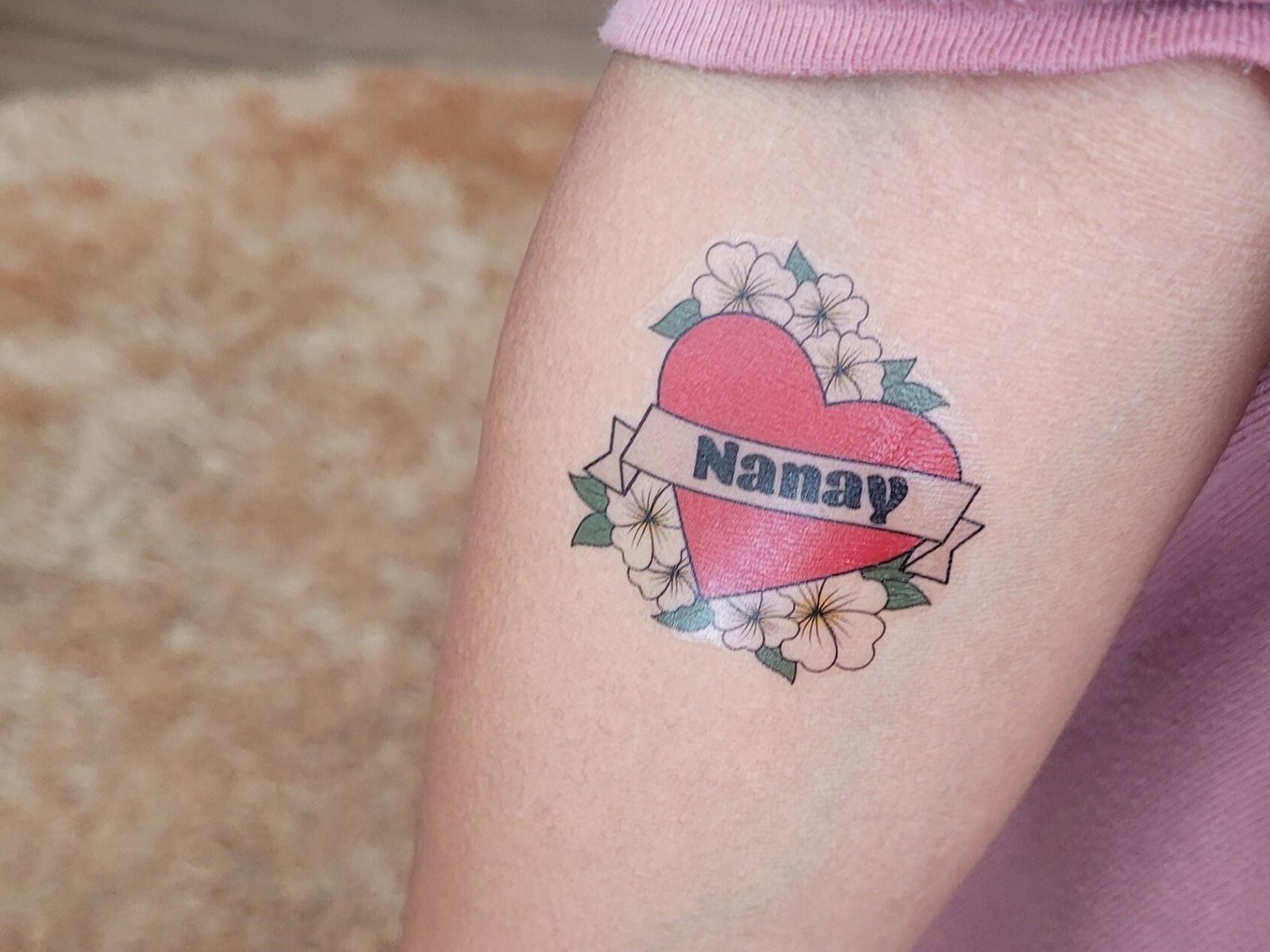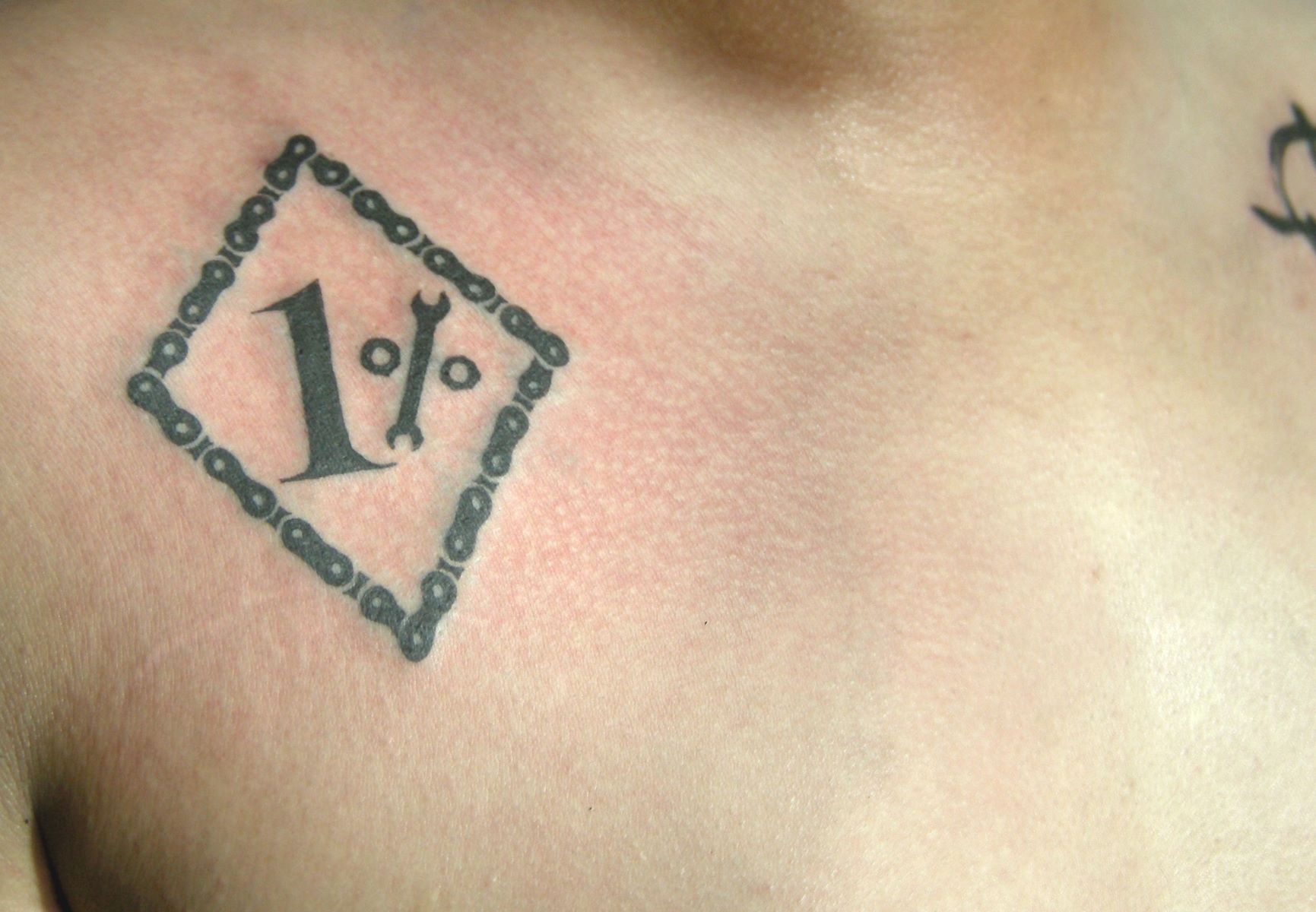Home>Language and Grammar>The Hidden Meaning Behind Saying “Yes Ma’am”


Language and Grammar
The Hidden Meaning Behind Saying “Yes Ma’am”
Published: January 16, 2024
Uncover the significance of using "Yes Ma'am" and its implications in language and grammar. Explore the hidden meanings and cultural nuances behind this common phrase.
(Many of the links in this article redirect to a specific reviewed product. Your purchase of these products through affiliate links helps to generate commission for Regretless.com, at no extra cost. Learn more)
Table of Contents
Introduction
When it comes to manners and respectful language, the phrase "Yes Ma'am" holds a special place in many cultures. This seemingly simple expression carries a depth of meaning and cultural significance that is worth exploring. It's not just a matter of politeness; there's a rich history and psychological impact behind the use of "Yes Ma'am."
The phrase "Yes Ma'am" is more than just a response; it's a symbol of respect and acknowledgment. Understanding the origins, cultural significance, and psychological impact of using "Yes Ma'am" can provide valuable insights into the complexities of language and social interaction. Let's delve into the hidden layers of meaning behind this seemingly straightforward phrase, and uncover the fascinating intricacies that make "Yes Ma'am" more than just a polite response.
Read more: Decoding The Hidden Meaning Behind “Okayyyy”
The Origins of "Yes Ma'am"
The origins of the phrase "Yes Ma'am" can be traced back to the Southern United States, where it became deeply embedded in the region's culture and language. Its roots can be linked to the traditional values of respect and politeness that have long been upheld in Southern etiquette.
The term "Ma'am" itself is a shortened form of "Madam," which originated from the Old French term "ma dame," meaning "my lady." This title was historically used to address women of higher social standing or authority, reflecting a sense of deference and formality. Over time, "Ma'am" evolved into a common form of respectful address for women, regardless of their social status.
The use of "Yes Ma'am" as a polite affirmation likely emerged as a way to express deference and obedience, especially in hierarchical social structures. It was a way for individuals, particularly in the Southern United States, to show respect to women in positions of authority or older women in general.
Furthermore, the phrase "Yes Ma'am" reflects the influence of chivalry and traditional gender roles that were prevalent in Southern culture. It encapsulates the notion of treating women with courtesy and honor, aligning with the deeply ingrained values of gentlemanly conduct and respect for femininity.
The historical context of "Yes Ma'am" also intersects with the legacy of slavery in the Southern United States. During the antebellum period and beyond, African American individuals, particularly those working in domestic service, were often expected to address white women as "Ma'am" as a sign of deference and subservience. This usage underscores the complex power dynamics and social hierarchies that shaped the evolution of the phrase.
In summary, the origins of "Yes Ma'am" are deeply rooted in the cultural traditions and social norms of the Southern United States. Its emergence can be attributed to a combination of historical etiquette, gender dynamics, and the influence of traditional values. Understanding the historical context of this phrase provides valuable insights into the complexities of language and societal norms, shedding light on the intricate layers of respect and politeness embedded within it.
Cultural Significance of "Yes Ma'am"
The phrase "Yes Ma'am" carries profound cultural significance, transcending its linguistic function to embody values deeply ingrained in various societies. Its usage extends beyond mere politeness, reflecting broader cultural norms and attitudes towards respect, authority, and social hierarchy.
In the Southern United States, where the phrase originated, "Yes Ma'am" is emblematic of the region's traditional etiquette and emphasis on courteous behavior. It serves as a tangible expression of the values of chivalry, politeness, and deference to women that have long characterized Southern culture. The phrase encapsulates the notion of treating women, particularly those in positions of authority or older women, with utmost respect and courtesy, aligning with the deeply ingrained values of gentlemanly conduct and honor.
Beyond the Southern United States, "Yes Ma'am" resonates with broader cultural ideals of respect and deference towards women. In many cultures, addressing women with honorific titles and using polite affirmations like "Yes Ma'am" reflects societal expectations of treating women with dignity and recognizing their contributions. The phrase serves as a manifestation of cultural norms surrounding gender roles and the acknowledgment of women's status within the social fabric.
Furthermore, "Yes Ma'am" holds significance in the context of intergenerational relationships and familial dynamics. It symbolizes the transmission of values and traditions from one generation to the next, emphasizing the importance of respecting elders and upholding traditional forms of address. The use of "Yes Ma'am" within families and communities reinforces the cultural value placed on showing deference and consideration towards older individuals, particularly women, fostering a sense of continuity and respect for age-old customs.
In contemporary society, the cultural significance of "Yes Ma'am" extends to the realms of workplace etiquette, customer service, and professional interactions. The phrase embodies the expectation of demonstrating respect and professionalism, especially in formal settings. It serves as a marker of politeness and acknowledges the authority or seniority of the individual being addressed, reflecting broader cultural norms of civility and decorum in various social contexts.
In essence, the cultural significance of "Yes Ma'am" transcends linguistic conventions, embodying a tapestry of values, traditions, and societal expectations related to respect, gender dynamics, intergenerational relationships, and professional conduct. Its usage reflects the enduring influence of cultural norms and traditions, underscoring the multifaceted role of language in shaping and perpetuating cultural ideals and social norms.
Psychological Impact of Using "Yes Ma'am"
The use of the phrase "Yes Ma'am" extends beyond its surface-level politeness; it holds a profound psychological impact on both the speaker and the recipient. When individuals employ this term, it fosters a sense of respect and acknowledgment, influencing their psychological state and interpersonal dynamics.
For the speaker, using "Yes Ma'am" can evoke feelings of deference, politeness, and conscientiousness. The act of employing this phrase reflects a conscious effort to convey respect and recognition towards the person being addressed. This intentional display of courtesy can contribute to a heightened sense of self-awareness and empathy, as individuals actively consider the impact of their words on others. Additionally, using "Yes Ma'am" may instill a sense of adherence to social norms and expectations, reinforcing the importance of demonstrating respect and deference in interpersonal interactions.
On the recipient's end, being addressed with "Yes Ma'am" can elicit feelings of validation, esteem, and appreciation. The use of this term acknowledges the individual's authority, expertise, or seniority, affirming their status and contribution. This affirmation can bolster the recipient's sense of worth and significance, fostering a positive emotional response and reinforcing their social standing. Moreover, hearing "Yes Ma'am" may engender a sense of being valued and respected, contributing to a mutually beneficial exchange characterized by mutual regard and consideration.
Furthermore, the psychological impact of using "Yes Ma'am" extends to the broader social context, influencing perceptions of power dynamics, social hierarchy, and interpersonal relationships. The consistent use of this phrase in societal interactions reinforces the value placed on demonstrating respect and deference, shaping individuals' attitudes and behaviors towards authority figures and older individuals. This, in turn, contributes to the cultivation of a culture of civility, empathy, and consideration in interpersonal exchanges, promoting harmonious social dynamics and mutual understanding.
In essence, the psychological impact of using "Yes Ma'am" transcends mere linguistic etiquette, shaping individuals' attitudes, emotions, and social interactions. It underscores the profound influence of language on psychological well-being and interpersonal dynamics, highlighting the role of respectful language in fostering a culture of empathy, mutual regard, and social harmony.
Gender and "Yes Ma'am"
The phrase "Yes Ma'am" carries implicit gender connotations, reflecting broader societal norms and expectations related to gender roles, respect, and communication dynamics. Its usage intersects with the complexities of gendered language and the ways in which individuals navigate interactions based on gender identities.
In traditional contexts, "Yes Ma'am" embodies the cultural expectation of showing deference and respect towards women, particularly those in positions of authority or older women. The phrase encapsulates the historical emphasis on chivalry, politeness, and honor in addressing women, aligning with deeply ingrained values of gentlemanly conduct. This reflects the broader societal norms surrounding the treatment of women with courtesy and recognition of their contributions, underscoring the gendered dimensions of language and respect.
Furthermore, the use of "Yes Ma'am" reflects the historical power dynamics and social hierarchies that shaped gender relations, particularly in the context of the Southern United States. Its emergence can be linked to traditional gender roles and the expectation of demonstrating deference and obedience towards women, echoing historical norms of femininity and masculinity.
In contemporary society, the usage of "Yes Ma'am" continues to reflect gendered communication patterns and expectations. The phrase often conveys a sense of acknowledging a woman's authority or expertise, reinforcing the broader societal norms of recognizing women's contributions in various spheres. It serves as a linguistic marker of respect and deference towards women, contributing to the maintenance of traditional gender norms and expectations in language use.
Moreover, the gendered implications of "Yes Ma'am" intersect with evolving discussions surrounding gender equality and inclusivity. While the phrase embodies a tradition of showing respect towards women, it also raises questions about the underlying power dynamics and assumptions associated with gendered language. As societal attitudes towards gender continue to evolve, the usage of "Yes Ma'am" prompts critical reflections on the ways in which language reinforces or challenges traditional gender norms and expectations.
In essence, the phrase "Yes Ma'am" embodies complex gender dynamics, reflecting historical traditions, societal expectations, and evolving perspectives on gender equality. Its usage serves as a lens through which to examine the intersections of language, respect, and gender, highlighting the multifaceted nature of communication within the context of gendered norms and identities.
Read more: The Hidden Meaning Behind Dreaming Of Twins
Conclusion
In conclusion, the seemingly simple phrase "Yes Ma'am" encompasses a rich tapestry of cultural, historical, psychological, and gendered significance. Its origins in the traditional values of the Southern United States reflect a legacy of respect, chivalry, and deference towards women, highlighting the intricate interplay between language and societal norms. The phrase holds profound cultural significance, transcending linguistic conventions to embody broader ideals of respect, authority, and intergenerational relationships. Moreover, the psychological impact of using "Yes Ma'am" underscores its role in shaping individuals' attitudes, emotions, and social interactions, contributing to the cultivation of empathy and mutual regard.
Furthermore, the gendered implications of "Yes Ma'am" shed light on the complexities of language and gender dynamics, prompting critical reflections on traditional norms and evolving perspectives on gender equality. As societal attitudes continue to evolve, the usage of "Yes Ma'am" serves as a lens through which to examine the intersections of language, respect, and gender, highlighting the multifaceted nature of communication within the context of gendered norms and identities.
Ultimately, the phrase "Yes Ma'am" transcends its linguistic function, serving as a symbol of cultural heritage, respect, and acknowledgment. It embodies the enduring influence of language in shaping societal interactions and reflects the broader tapestry of values, traditions, and societal expectations related to respect, gender dynamics, and interpersonal relationships. Understanding the hidden meaning behind "Yes Ma'am" provides valuable insights into the complexities of language and social interaction, emphasizing the profound impact of respectful language in fostering empathy, mutual regard, and harmonious social dynamics.














